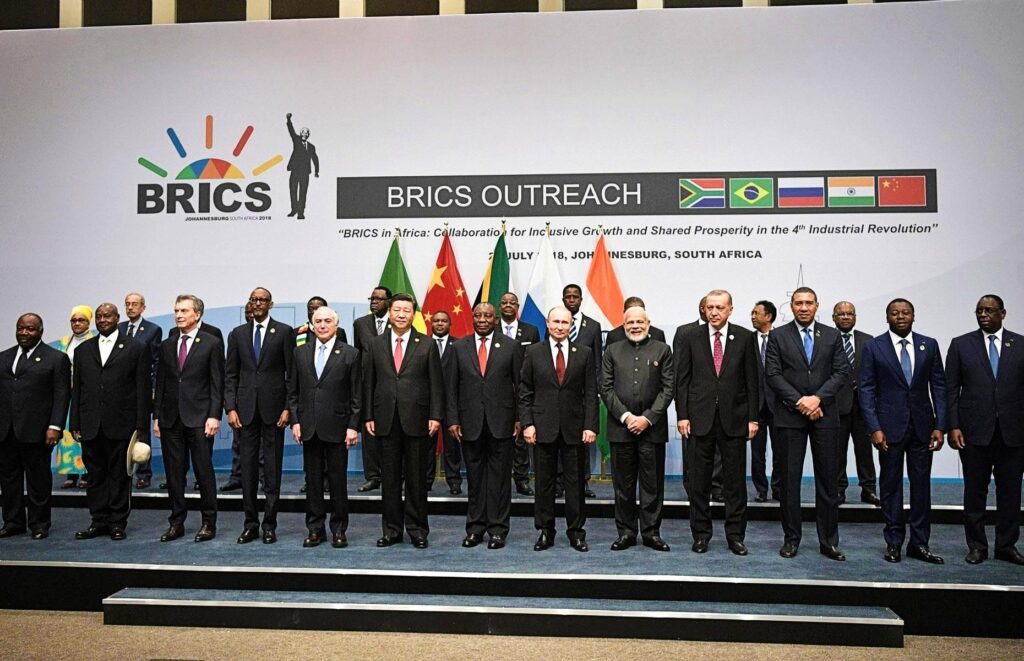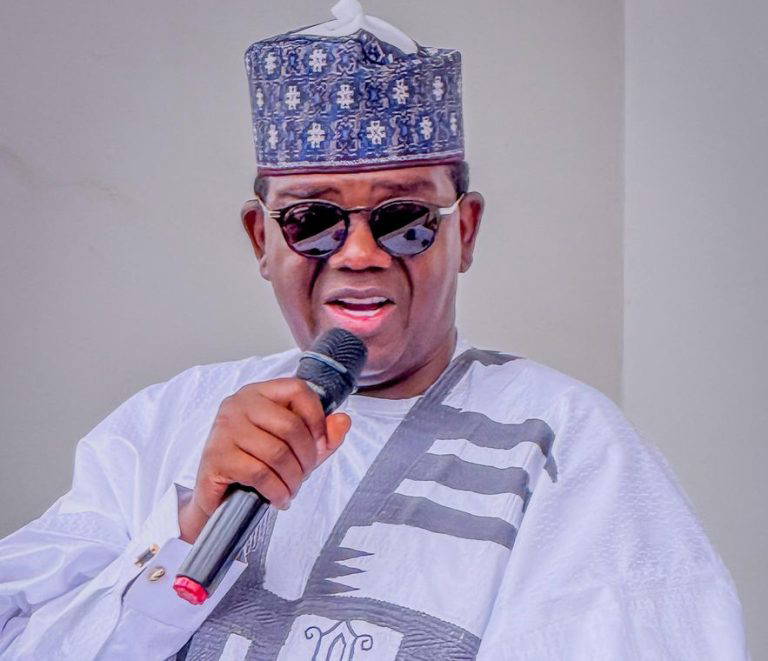Nigeria recently joined the BRICS economic bloc as a partner country, alongside 12 other nations, marking a significant step in deepening its global economic relations. This announcement, made at the BRICS summit held in Kazan, Russia, from October 22 to 24, 2024, reflects Nigeria’s strategic ambitions to strengthen its economic integration with key emerging markets. The new BRICS partner countries include Algeria, Belarus, Bolivia, Cuba, Indonesia, Kazakhstan, Malaysia, Thailand, Turkey, Uganda, Uzbekistan, and Vietnam. Although these nations have not attained full membership status, their inclusion represents a pivotal expansion for BRICS, highlighting its commitment to fostering cooperation among diverse global economies.
Nigeria’s addition comes amid a notable increase in foreign capital inflows from BRICS member states, which surged by 189% in the first half of 2024. This significant rise—$1.27 billion compared to $438.72 million in the same period in 2023—underscores the growing economic synergy between Nigeria and the bloc, emphasizing the mutual benefits of this partnership. The Kazan summit, themed “Strengthening Multilateralism for Fair Global Development and Security,” is the sixteenth annual BRICS meeting and arrives at a time when global interest in multilateral cooperation is particularly strong. The summit addressed issues like sustainable development, climate change, and economic integration, echoing Nigeria’s priorities as it looks to expand its influence within emerging markets.
BRICS, initially formed in 2009 as BRIC by Brazil, Russia, India, and China, welcomed South Africa in 2010, transforming into the BRICS group known today. Since then, the bloc has evolved into a powerful coalition of developing economies focused on promoting trade, investment, development, and security. In January 2024, BRICS expanded further by adding Iran, Egypt, Ethiopia, and the United Arab Emirates as full members, strengthening its presence as a robust alternative to Western-dominated institutions.

The BRICS bloc aims to provide member countries with alternatives to traditional financial structures, such as the World Bank and the International Monetary Fund (IMF). One such alternative is the New Development Bank (NDB), which funds infrastructure and sustainable development projects across BRICS nations. Additionally, BRICS is pushing forward with plans to reduce reliance on the U.S. dollar by exploring local currencies for trade among members, with a long-term goal of establishing a common BRICS currency. This initiative seeks to reduce currency volatility and foster financial independence from Western monetary systems.
Nigeria’s path to becoming a BRICS partner aligns with its long-standing ambition to play a more prominent role in multilateral organizations. In November 2023, Nigeria’s Minister of Foreign Affairs, Yusuf Tuggar, indicated the country’s aim to join both BRICS and the G20 within two years, citing Nigeria’s large economy and population as fitting criteria. This ambition underscores the increasing recognition of Nigeria’s economic potential and its capacity to contribute to global initiatives.
As a BRICS partner country, Nigeria is strategically positioned to leverage its growing influence and economic strengths, further deepening its ties with emerging economies. The ongoing interest from African and Southeast Asian countries in joining BRICS signals the bloc’s potential for continued expansion, broadening its global reach and enhancing economic ties across continents. Nigeria’s inclusion is a significant milestone that could pave the way for even greater engagement with BRICS and a stronger international presence.
Sources
- https://tribuneonlineng.com/brics-10-things-to-know-about-new-power-bloc-nigeria-joined/
- https://www.arise.tv/nigeria-joins-brics-as-partner-country-strengthening-economic-ties/#google_vignette




